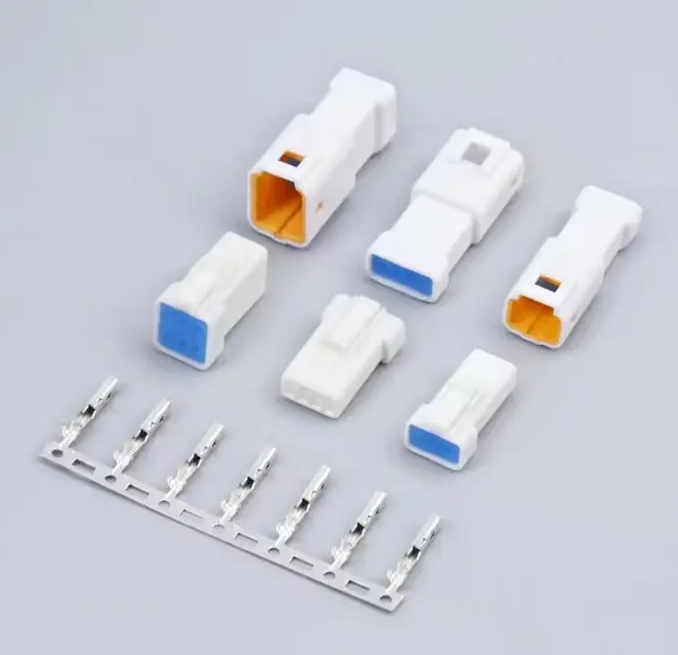An electrical connector is a device used to join electrical circuits together, enabling the transfer of power or signals. These connectors are widely used across industries, including automotive, electronics, telecommunications, and industrial equipment.
Electrical connectors are designed to create a secure and efficient connection between wires, cables, or devices. They are available in a variety of types, such as plugs, sockets, terminals, and jacks, each suited to specific applications. The choice of connector depends on factors like the type of signal (power or data), environmental conditions, and physical space requirements.
Durability and reliability are key characteristics of electrical connectors. They are often constructed from materials like metals for conductivity and plastics for insulation. Some connectors are designed to be waterproof, heat-resistant, or resistant to vibrations, depending on the intended application.
Proper installation and maintenance are essential for ensuring the effectiveness of electrical connectors. Loose connections or corrosion can lead to power loss, overheating, or system failure. Regular inspections can help identify and resolve such issues before they cause significant problems.
Electrical connectors are used in a range of everyday applications, from household appliances to advanced industrial machinery. Their versatility and adaptability make them a cornerstone of modern electrical and electronic systems.
